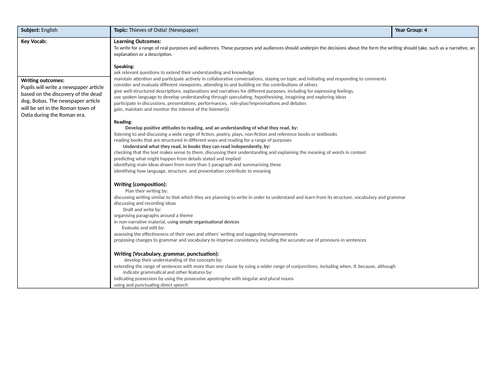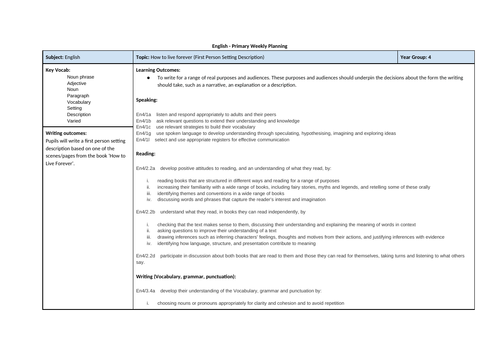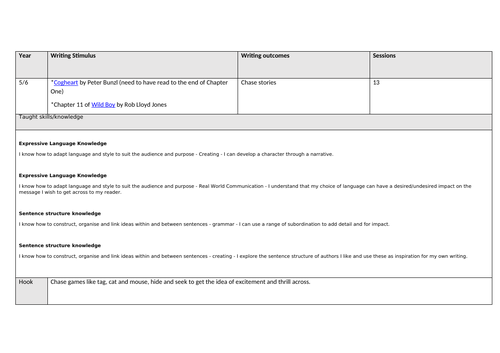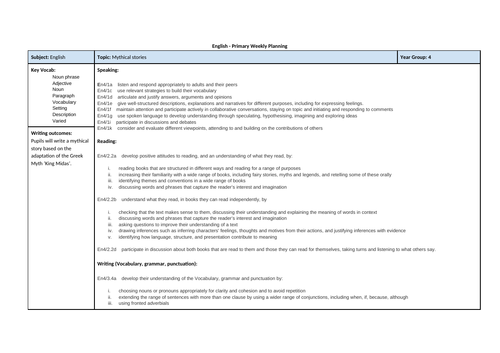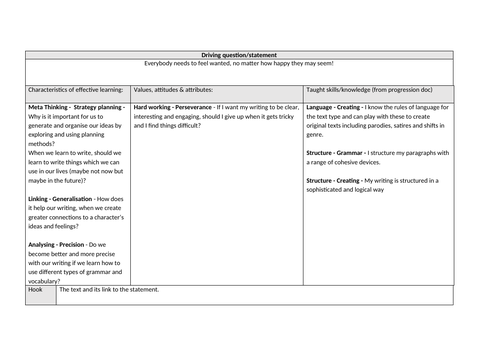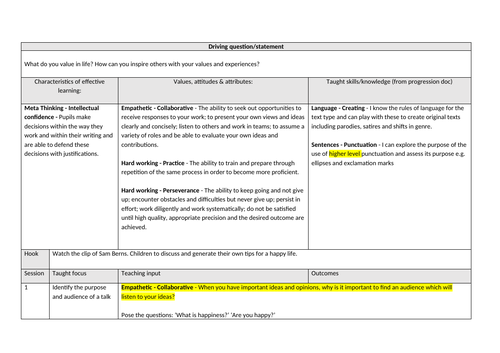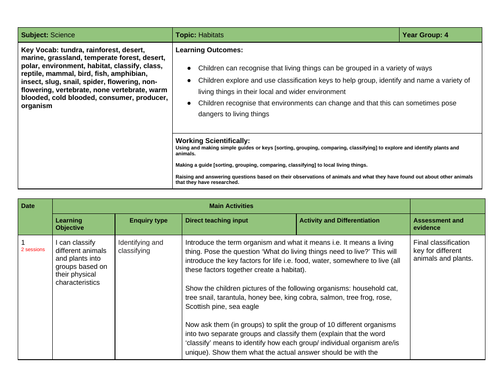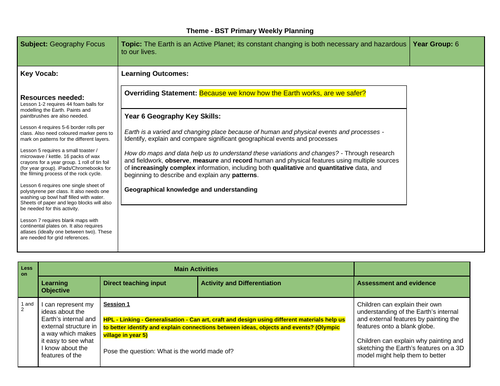The Learning Bank
Children should come to school and love being there! Innovation, engagement and excitement should be the hallmarks of their learning. They should be given skills and tools which will allow them to become better prepared for life in an uncertain future. Having a purpose to their learning and knowing why they are learning something are also integral to their formative education. And remember, it isn't only the children who need to be engaged - so do you! I hope these plans help to achieve this.

